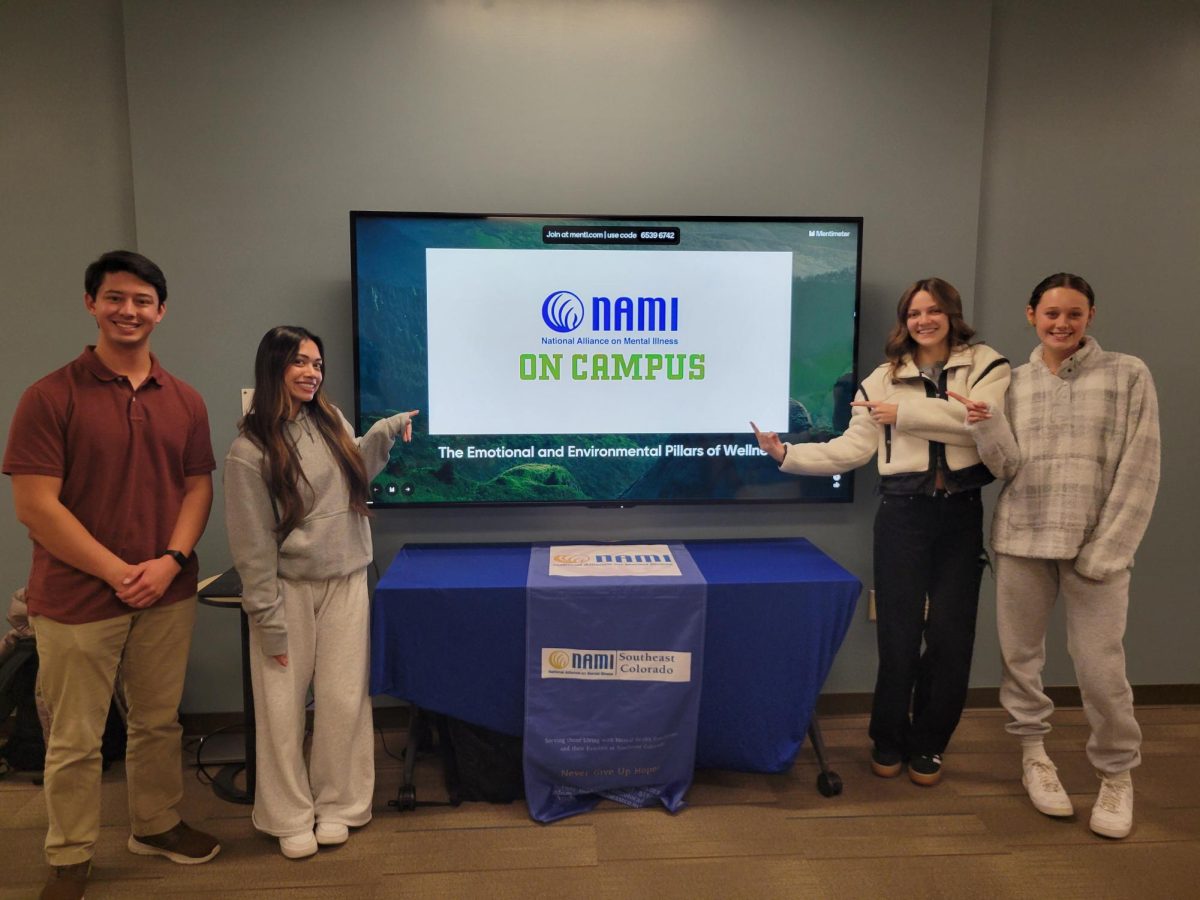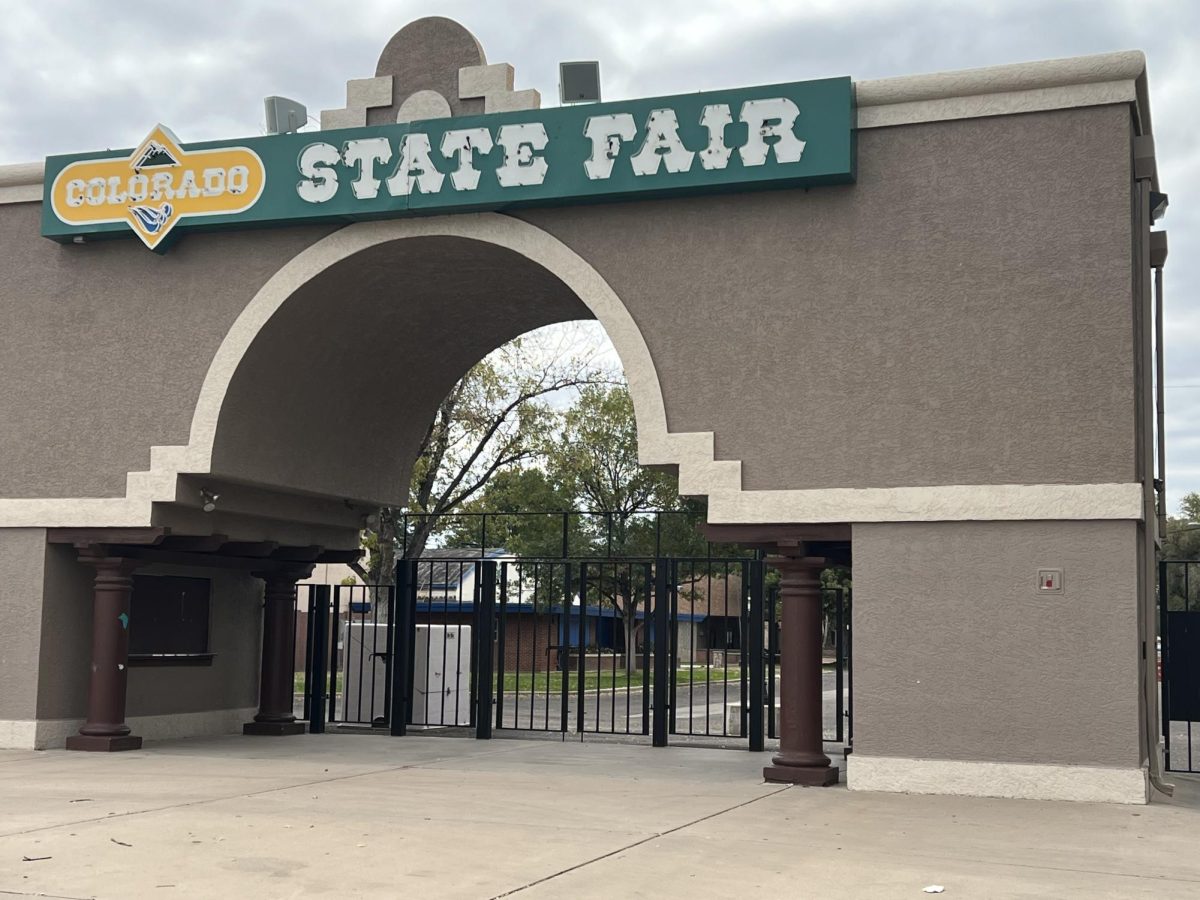 . . . made by the good people of Virginia, assembled in full and free convention, which rights do pertain to them, and their posterity, as the basis and foundation of government.
. . . made by the good people of Virginia, assembled in full and free convention, which rights do pertain to them, and their posterity, as the basis and foundation of government.
Preamble to the Virginia Bill of Rights
……………….
George Mason wrote the first draft of the Virginia Declaration (“Bill”) of Rights. He later declined to sign the federal Constitution, in part because it lacked a bill of rights. The Virginia Declaration is a strong statement of the supreme power of the people. It has since been incorporated into the Virginia Constitution as Article I.
Virginia’s Bill of Rights is Important
Much can be learned from Virginia. It adopted the first state bill of rights and set a high standard for other states as well as for our federal framers and for other countries. Section 2 vests “all power . . . in the people.” It continues, “. . . magistrates are their (the people’s) . . . servants and at all times amenable to them.” Section 3 reads, in part, “. . . a majority of the community hath a . . . right to reform, alter or abolish” a government they believe does not meet their needs.
Much can be learned from Virginia’s actual performance as well as from its words. One lesson is that general statements of principle are of little use to people in exercising their constitutional rights. Specific methods for use in exercising these rights must be set forth either in Constitutions or in the statutes made pursuant to them.
If this is not done, our constitutional rights are meaningless. Another crucial lesson to be learned from Virginia is that elected legislators cannot be relied upon to voluntarily make laws giving effect to their constituents constitutional rights.
Parts of the Virginia Bill of Rights are meaningless
Hamilton wrote, in Federalist 80, “There ought always to be a constitutional method of giving efficacy to constitutional provisions.” A provision can be given efficacy by statute or by the Constitution itself – if the enabling constitutional provision is sufficiently specific. Sections 2 and 3 of Virginia’s Bill of Rights have not been found by the courts to be sufficiently specific.
Further, Virginia’s statutes are far from enabling. Paragraph 24.2-684 of the Virginia State Code prohibits referenda “unless specifically authorized by statute or by charter.” Since Section 3 requires a majority of the community and since a referendum is usually needed as evidence of a majority, the Virginia Code opposes, rather than enables, the Virginia Constitution.
This affects Virginians’ daily lives
In Feagan v. Hudgins (2008), the plaintiffs (of whom the writer was one) complained against the board of supervisors of Mecklenburg County, Virginia for not “being amenable” to a “majority of the community.” The Board had approved a zoning request for the construction of a crop-based ethanol plant. At a public hearing, 30 people had spoken in opposition to the rezoning and only 11 had spoken in favor.
The plaintiffs asked the court to declare paragraph 24.2-684 void so that a referendum might be held to determine whether a majority of County voters opposed the zoning approval. The case never went to trial. It was stricken from the docket on technical grounds. The plaintiffs had neither the legal skills nor the financial resources to support an appeal.
Conclusions
Virginia’s Constitution promises its people a power that its General Assembly has not delivered. Further, there is no clear way for us Virginians to claim our power. Our Constitution fails to provide any specific methods for us to use in proposing a constitutional convention, a constitutional amendment or an enabling statute.
We must find our own way – perhaps by exercising our First Amendment right to petition. We can (and should) petition our General Assembly to give “efficacy” to our Constitutional rights.
What about the Constitution and statutes of your state?
……………
Neal Herrick retired from the University of Michigan as a visiting professor. His most recent book, After Patrick Henry: a 2nd American Revolution (Amazon.com) was awarded the IPPY gold medal for the best book of 2009 in the “freedom fighter” category. It also won the silver medal in Foreword Review’s competition for the best political science book of 2009.







